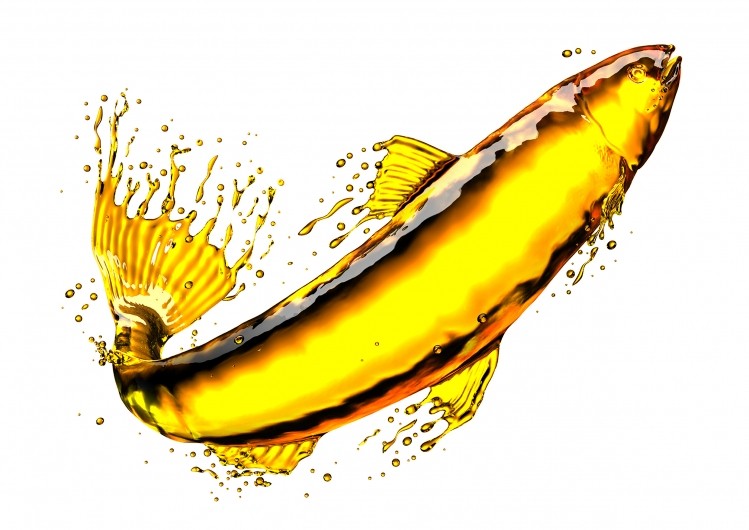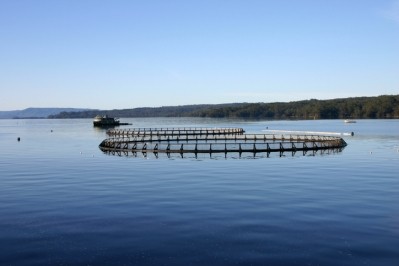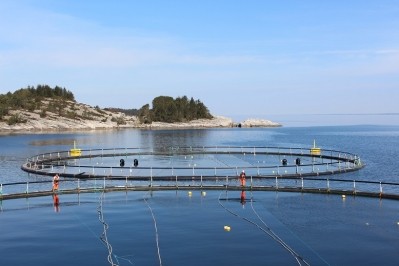Prize on offer to company selling fish-free “fish oil”

The F3 Fish Oil Challenge competition was announced earlier this month, and companies or teams can register through April, organizers said.
The contest offers winners $100,000, focuses on sales of fish oil alternatives for use in feed, and aims to build off the successes seen in a previous competition focused on the use of fishmeal replacements, said Kevin Fitzsimmons, professor at the University of Arizona, contest judge and former president of the World Aquaculture Society. “We were very pleasantly surprised to see the success of the first contest,” he added.
“Those of us who had been promoting alternatives or substitutes to fishmeal for many years have observed more progress over the 18 months since the contest started than over the last 5 or 6 years,” he told FeedNavigator. “We were especially pleased to see so many environmental groups supporting the contest and actively supporting an aquaculture improvement initiative – our hope is that we can further accelerate these positive trends with the second contest.”
The group’s Fish-Free Feed Challenge (F3) included teams of contestants from all over the world and involved the sale of more than 100,000 metric tons of fish-free feed, said organizers.
“We want to recognize the innovative individuals and companies who are driving the industry forward to become more sustainable through technological advances,” Fitzsimmons said of the new challenge. “Our hope is that the feed companies, farmers of fish and shrimp and seafood consumers will recognize that there are products on the market that will increase the sustainability of aquaculture products while maintaining all of the healthy characteristic of seafood.”
However, the challenge is not an attempt to find a winning product or technology as that will be established by the market, he said. “We want to raise the awareness of the industry members to the rapid advances that are being achieved and speed the adoption of the most sustainable practices,” he added.
Fish-oil in focus
The aquaculture industry is the single largest purchaser of fish oil and it tends to be the most expensive ingredient in aqua feed diets, said Fitzsimmons. But there are multiple emerging options and developing products that offer similar fatty acid profiles to those found in wild fish oil.
“We want to encourage and publicize these technologies and encourage the feed mills and farmers to consider these products,” said Fitzsimmons.
There are several products on the market already, but the hope is the contest will increase awareness and experimentation, he said. “Our expectation is that industry watchers and members will be surprised at the number and diversity of high quality oil products that will become apparent during the contest,” he added.
Some of the more recently released products include TerraVia and Bunge’s work with AlgaPrime DHA and the DMS joint venture with Evonik to produce omega-3 fatty acids from microalgae along with other projects.
There have been some questions about the positionlong of alternatives as more sustainable than fish oil; bodies like the marine ingredients organization, IFFO, are promoting the use of both types of products. They are calling their position an “as well as” in place of an “instead of” stance.
Contest details
The competition is being sponsored by the University of Arizona, New England Aquarium, the University of Massachusetts Boston, Synbiobeta, Anthropocene Institute and The World Bank, organizers said.
Individuals and teams can already register for the contest, said Fitzsimmons. “We are also hoping for new collaborations between the biotech and aquaculture industries to develop,” he added.
The competition is open to anyone who wants to take part, he said.
“The metric of the contest will be the volume of qualifying F3 oil sold to aquaculture operations or feed manufacturers for use in aquaculture,” he said. “We expect that contestants that produce oils for sale to feed mills will be the only ones submitting sales figures.”
Registering for the challenge is considered an indication that a company or organization is interested or intendeds to participate, he said. Registration is set to be open for eight months – the timeline was set to allow for development to occur and for those interested to establish partnerships or collaborations.
“We also realize that those interested in competing may be in various stages of product development, and may require months before their F3 oil product is market-ready,” said Fitzsimmons. “We designed the challenge timeline to correspond to the product development process of a typical company and to allow time for new collaborations to develop.”
A product sample has to be submitted by November 30, 2018 so that judges can verify that the product counts as a F3 oil replacement, he said. Team partnerships also have to be announced at that time.
Quarterly sales reports again will be required from those participating, he said. Reporting of product sales would start on January 15, 2019 and run through September 15, 2019.











